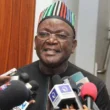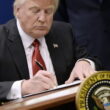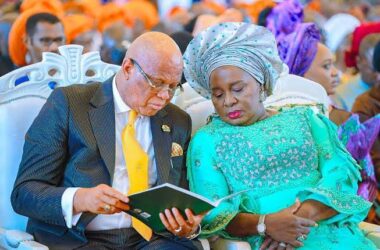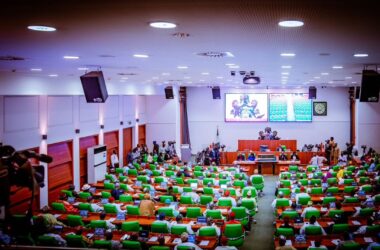According to a recent report from the World Bank, Nigeria remains the largest economy in Africa based on Gross Domestic Product (GDP), even as the country faces significant challenges in attracting foreign investment.
The World Bank’s Country Director for Nigeria, Dr. Ndiame Diop, made this known during the Country Private Sector Diagnostic (CPSD) and Stakeholder Engagement event in Abuja.
He noted that despite Nigeria’s economic size, it continues to receive far less Foreign Direct Investment (FDI) than it should, especially when compared to nations like Indonesia and South Africa.
Dr. Diop stated that an upcoming CPSD report will provide deeper insights into how private sector challenges are slowing economic growth. He noted that if key obstacles were addressed, Nigeria could unlock vast economic potential.
He explained that ongoing macroeconomic reforms have created a more favorable environment for investment.
These include recent efforts to stabilize the economy, such as adjustments to the exchange rate market and improved access to foreign exchange, both of which have already made investment conditions better.
Dr. Diop also identified four key sectors where strategic reforms could lead to significant investment and job creation.
In the Information and Communication Technology (ICT) sector, Nigeria could attract investments worth up to $4 billion, which could create more than 200,000 jobs.
However, high and unpredictable costs associated with broadband rollout—such as inconsistent right-of-way fees and levies—remain a major barrier. He noted that resolving these regulatory challenges would greatly improve broadband expansion.
For agribusiness, he stated that reforms could unlock $6 billion in investments, leading to the creation of over 275,000 jobs.
The solar photovoltaic (PV) industry also presents significant opportunities, with a potential $8.5 billion investment and the capacity to generate over 129,000 jobs.
Additionally, the pharmaceutical sector could attract $1.6 billion in investment and create between 30,000 to 40,000 jobs.
Dr. Diop further noted that the National Economic Council has acknowledged these investment challenges, and efforts are underway, with World Bank support, to address them.










